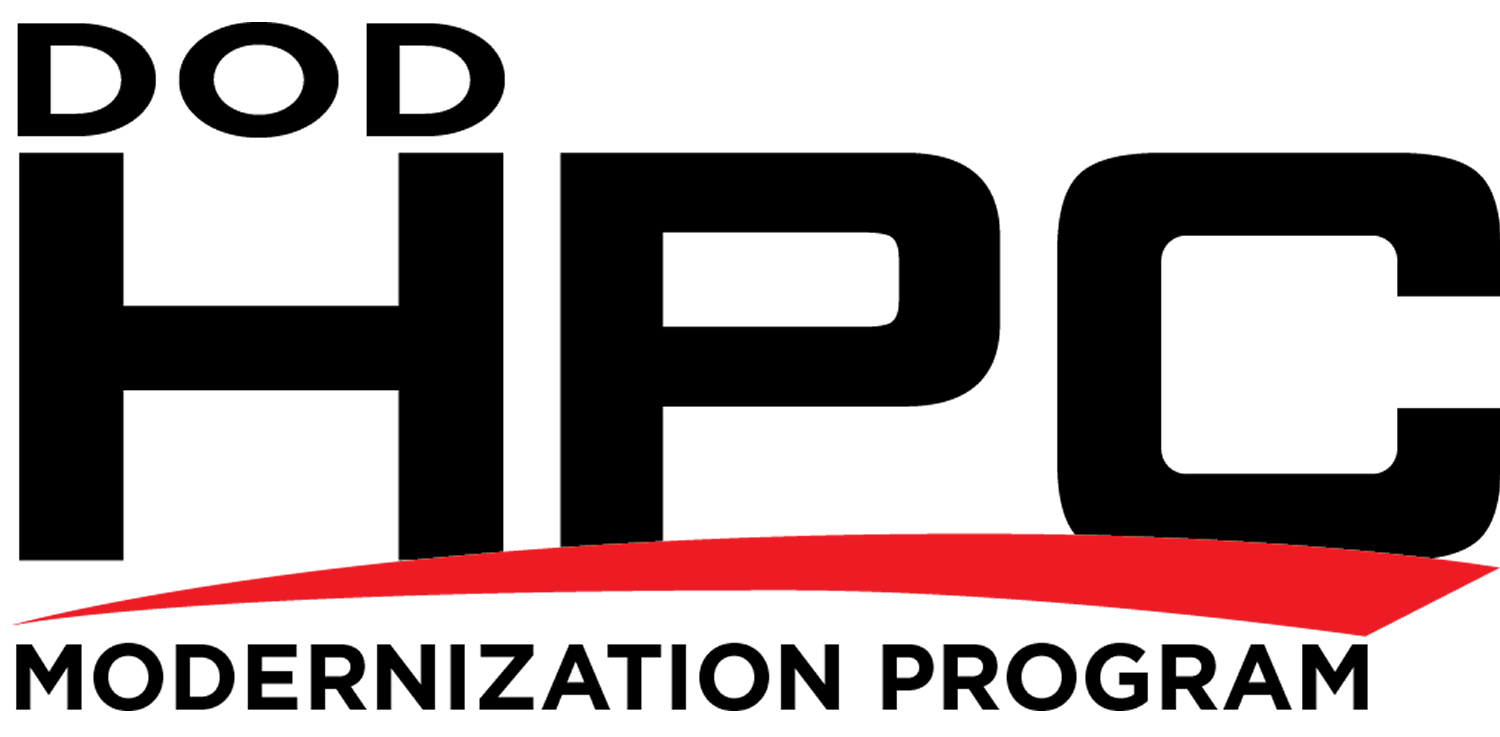This article identifies several sources of information about software products that do (or do not) support Internet Protocol version 6 (IPv6), but it does not (indeed, cannot) provide comprehensive information about the tens of thousands of products available from hundreds of vendors. There is currently no single source that identifies all software products that support IPv6.
The IPv6 support status of a software product can be determined:
- Formally, by conducting a test based on a written, publicly available test plan, and/or
- Informally, based on users’ experiences and developers’ statements.
When none of the sources in this article mention the IPv6 support status of a software product of interest, a search for
“software product name” ipv6 support
using any web search engine (including the double quote marks around software product name) may informally determine its IPv6 support status.
The IPv6 Product Testing Results article in the Testing section identifies four different categories of organizations:
International,
United States (US) government,
US Department of Defense, and
Commercial and open source
that have formally tested many software as well as hardware products and determined their support or lack of support.
Beginning in 2016, apps for Apple iOS 9 (or later) submitted to the App Store must first be formally tested and found to be compatible with IPv6 DNS64/NAT64 networks and also support IPv6-only networking.
(Note: The sources of IPv6 product support status mentioned below provide only informal determinations.)
Seven sections and individual articles in this IPv6 Knowledge base identify software products that do or do not support IPv6, including:
- IP Transport section provides configuration details for various computer and router operating systems
that support IPv6, - Security section provides configuration details for various firewalls that support IPv6,
- Applications section provides configuration details for various web browsers that support IPv6,
- IPv6 and Virtual Private Networks (VPN) article in the Infrastructure section identifies VPNs that
simultaneously tunnel both IPv6 and IPv4 through a single tunnel, - Further Resources for Enabling IPv6 in Microsoft Windows Application Servers section of the Enabling IPv6 in
Microsoft Windows Application Servers article in the Infrastructure section, - IPv6 Software Information file (last updated Dec 2011, but IPv6 support status remains valid for later
versions) lists software that supports IPv6 (or indicates that it does not use Internet Protocol at all):
(a) System and Application Development Products (Libraries, Compliers, Debuggers, et cetera) and
(b) Third Party Products (Commercial Off The Shelf [COTS], Government Off The Shelf [GOTS],
and Open Source).
(Since this file was originally compiled as part of the Defense Research and Engineering (DREN)
IPv6 Pilot, many of the entries are for software used on supercomputers.), and - Software-Defined Overview article in the Software-Defined Networking (SDN) knowledge base
mentions several specific software products. Unless otherwise specifically noted therein, those products support
IPv6.
The Microsoft.com IPv6 Support in Microsoft Products and Services article (archived 2017, but IPv6 support status remains valid for later versions) lists many Microsoft application, server and Operating System programs that do or do not support IPv6.
The IPv6 compliance of WLCG applications file (archived 2014, but IPv6 support status remains valid for later versions) lists Worldwide Large Hadron Collider (LHC) Computing Grid (WLCG) software that supports or does not support IPv6. Since this file was originally compiled as part of the WLCG project, many of the entries are for software used on supercomputers.
The IPv6 to Standard website is maintained by the IETF IPv6 Maintenance 6man working group. It lists many, many software products that support IPv6.
Several articles in the Wikipedia Encyclopedia indicate whether software products in several categories do or do not support IPv6, including:
common applications,
email clients,
DNS servers,
IP address management (IPAM),
mail servers,
network monitoring systems,
operating systems,
licensed operating systems,
open-source operating systems,
remote desktop software,
SSH clients,
SSH servers,
transition mechanisms,
Usenet newsreaders,
virtual private network services,
voice over IP (VoIP) software,
web browsers,
web hosting control panels, and
web server software.
The University of Wisconsin Knowledgebase IPv6 Application Compatibility article listed software products that supporte IPv6 and referenced other lists of software products that supported IPv6 (archived 2009, but IPv6 support status remains valid for later versions).
The DeepSpace 6 Linux IPv6 Portal Current Status of IPv6 Support for Networking Applications article (as of 2018, but IPv6 support status remains valid for later versions) lists Networking Applications that support IPv6.
